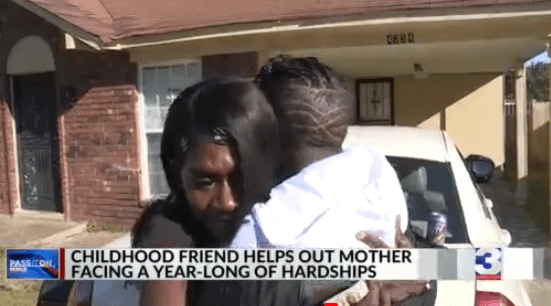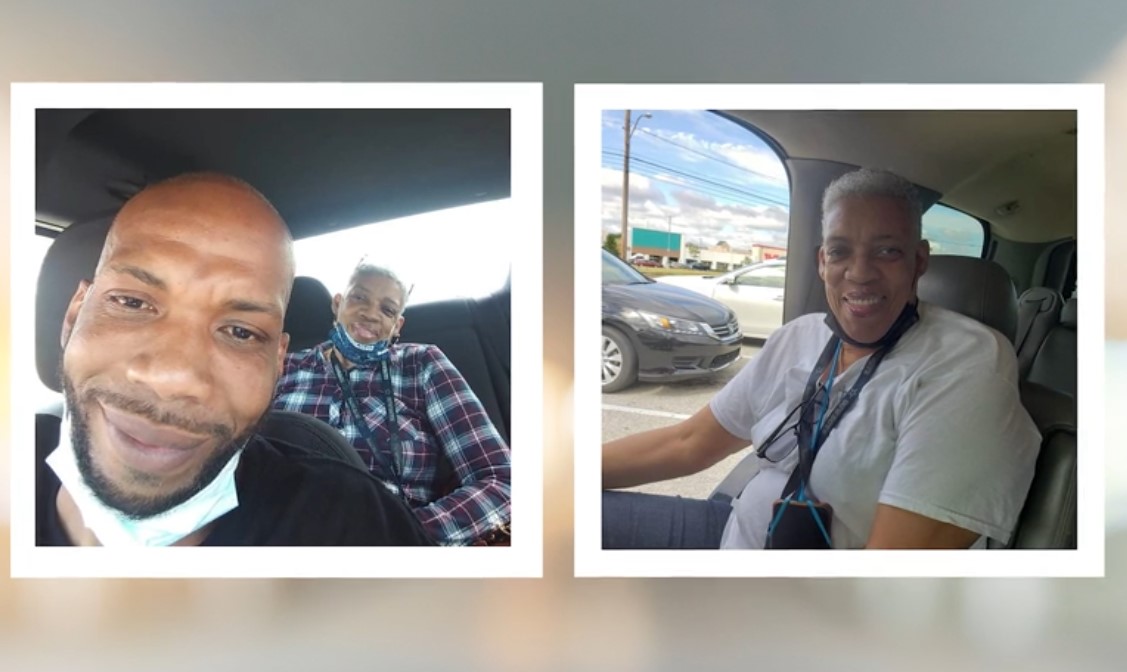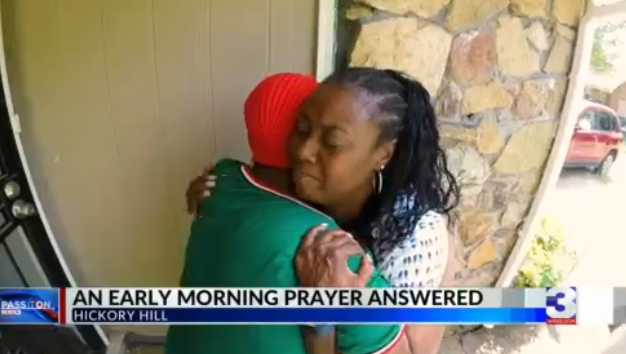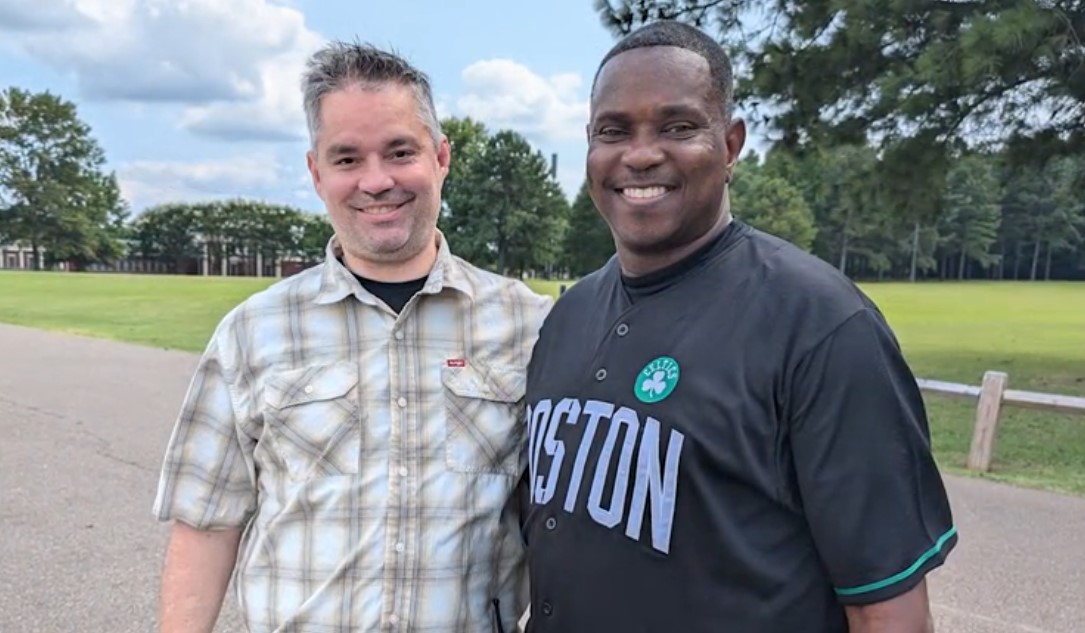MEMPHIS, Tenn. — Despite promises, it’s been more than a year since Memphis City Council received an update on the rape kit backlog, like what evidence has been processed and who’s been caught.
For the past several years, updates on evidence backlog were provided to the city council every month, but they suddenly stopped in April 2019. Council members said they no longer needed them.
But when the WREG investigators asked why, council vowed to bring the updates back.
For victims like Terilyn Blockman, waiting for the results of their tests to come back was like bringing up her worst memories.
In 1991, Blockman woke up to a man standing over her bed. She says he put his hand over her face, strangled and then raped her.
She called police and consented to a sexual assault examination. Evidence was collected, but she never heard anything — until decades later, when WREG exposed a massive backlog in 2010.
Blockman’s kit was one of 12,000 sexual assault kits that Memphis Police left on shelves to collect dust.
She says her evidence was finally sent to a lab nearly two decades after she was attacked.
“They told me I needed to come down to rape crisis. I got down there, I was like, ‘Oh finally,'” she said. “I thought I’m going to finally get an answer. We’re going to know who my rapist is.”
Sadly, that didn’t happen.
She says police informed her that theye didn’t have enough DNA to pursue the case and there was nothing else investigators could do. She said she was crushed and disappointed after waiting all that time.
Blockman’s story is just one of thousands you don’t hear about, because city officials aren’t talking about it.
While they’ve made it clear that every kit in the backlog has been sent to a lab for testing, it’s been a challenge finding out what happens afterward.
No updates posted to website in two years
Updates on the backlog were supposed to be given to City Council quarterly, meaning every three months, the public would get an update. At least, that’s what council members told us.
The first was in March 2020, but then the briefings stopped, again. You can see on the city’s website where officials promised to post the latest information. But nothing new has been uploaded in over two years.
So, using the Tennessee Open Records Act, we asked for the latest data, the information that is typically presented to the council. It took 10 weeks to get a response.
We learned the Sexual Assault Kit Task Force, a group formed to oversee the backlog, gets regular updates. The last was in May, according to one of the members.
That update shows every kit has been tested for the full DNA profile, or “serology,” which determines whether there’s enough DNA to be tested.
Of the 2,600 sent back to a lab to be re-examined for DNA using the latest techniques, 852 of those are still being processed. More than 7,000 investigations have been initiated and 5% of those remain active.
We asked MPD if it would be posting this info online for the public. Officials said they’re looking into it.
The district attorney’s office told us it remains busy. As of mid-June, 741 cases were launched as a result of the testing, and 337 of those are named suspects. Investigators believe 51 of those suspects raped multiple victims.
Officials told us they started building a list of the victims’ demographics. A list uncovered from MPD showed some of the kits that had sat on shelves belonged to children as young as 1 year old.

“I feel like they should be constantly giving the victims and the public updates what’s happening with all those kits,” said Blockman.
Daniel Lofton, one of the attorneys leading a class action lawsuit against the city said transparency is key to building trust.
“It’s not going away. The problem is not solved,” he said.
He hopes the lawsuit “will restore confidence in the city for thousands of victims and all its citizens.”
“But will it happen? We will see,” he said.
Updates may start up again. We asked the current chair of the council’s public safety committee, Jeff Warren, what happened last year. He said he’d look into it, and requested an update from MPD in July.
Blockman says those updates may not mean a lot to some, but to her they’re important. It makes her feel as if she hasn’t been forgotten.
























